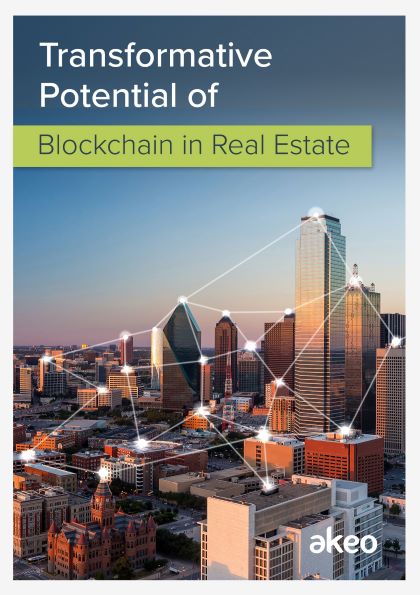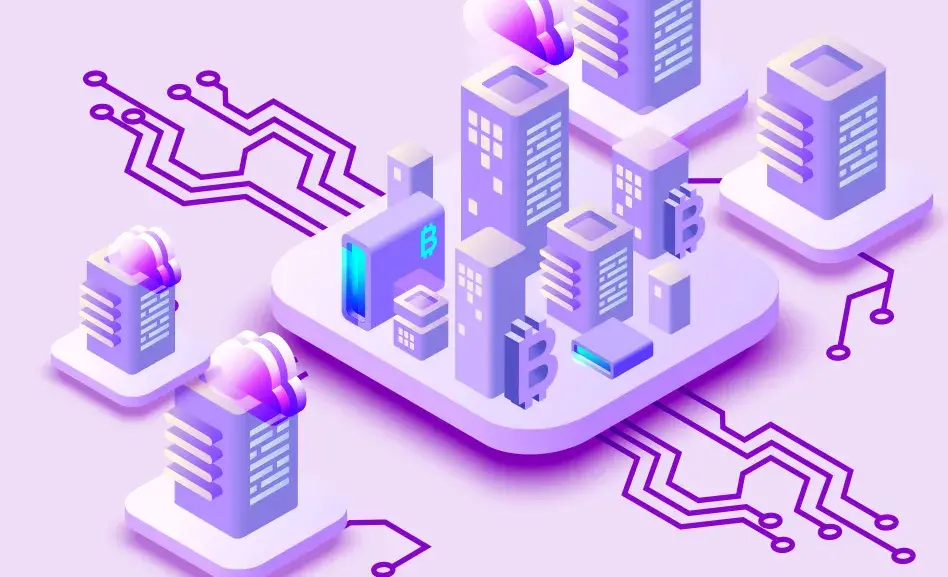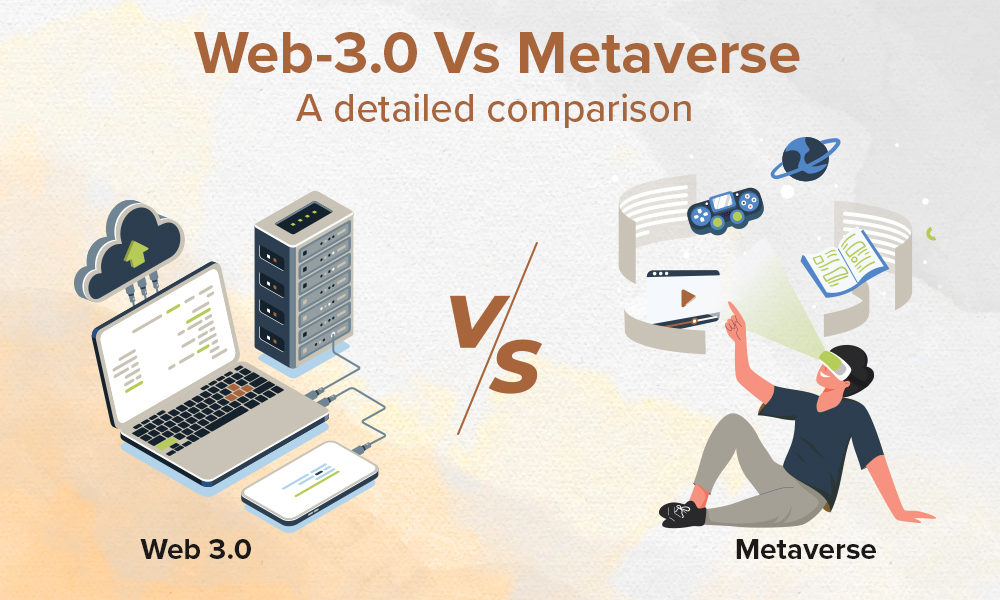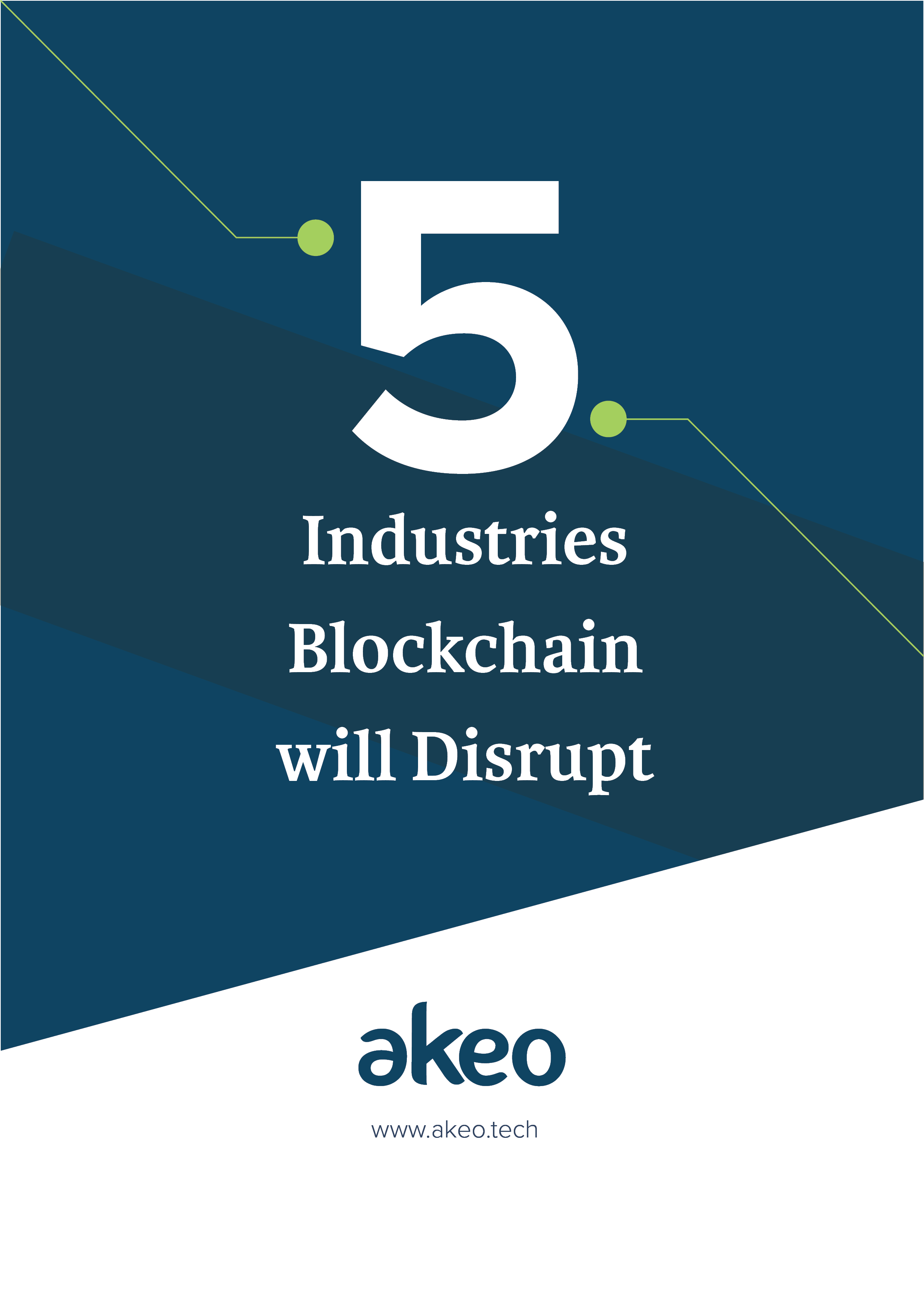Democratizing investment opportunities in the real estate world is a phenomenal idea. People used to think in theory that pocket change and pension funds should all benefit from the growth of the real estate market. Blockchain as a disruptive technology has made it a possibility through ‘Tokenization’.
Tokenization offers various opportunities to replace the old-style methods used in the real estate industry. A few worth to mention are enhanced liqudity, improved safety and security, transparency and easy management. However, it is not so simple to sell real estate assets through tokens, it involves highly complicated legal and technical process. As a result, the enterprises wishing to introduce blockchain based real estate tokens needs to first plan, develop and then launch their real-estate tokens.
What is Tokenization of Real Estate Assets?
With tokenization, the real estate industry sells ownership of an asset (home, land, buildings, apartments) with virtual tokens. Instead of selling assets through traditional methods like paper documents, the buyer of a property is able to do so by engaging in transactions digitally with the help of tokenization.
A token might represent:
- the ownership of a real-estate-asset;
- an equity interest in the company that owns that asset;
- a right to share the profits that come from the use of the asset.
Enterprises across the world have already set-up various versions of tokenization like:
- Ownership of real estate through a special-purpose vehicle
- Shares in real-estate funds;
- Timeshares;
- Investments in and loans to development projects; and
- Tokenized REITS.
Advantages of Tokenization
Tokenization can help evolve the global real-estate industry. It offers various advantages to the investors as well as enterprises of the industry. With tokenization, a whole new group of global investors can be introduced to the market. Moreover, enhanced liquidity and safety also falls into the long list of advantages brings to the table of the real estate business.
Liquidity: By tokenizing a real estate asset, the enterprise gains access to the investors across the world. Anyone with enough capital and an internet connection can easily participate in buying, holding and selling real estate located anywhere in the world.
Transparency: Blockchain being an immutable ledger records every transaction with time stamp. This helps to reduce double-selling and fraud, as the token-holder can transfer the token to the buyer only once.
Security: Blockchains are distributed ledgers translating to no person, group, or organization running them. In addition, blockchains runs on high security cryptography to secure user data. Each user has his or her own private key which allows only them to access their assets recorded on blockchain.
Immutability: Post a transaction has been recorded on blockchain, it cannot be altered. This helps to ensure investors that when a transaction is done it cannot be reverted. A fraudulent or mistaken transaction is hard to be uploaded on the ledger as all the nodes would not achieve consensus and verify the transaction.
Simplified Management: Tokenization can help in better management of investors and their rights. Repeated transactions can be tracked by the nodes easily and investors can buy or sell their assets easily through the blockchain, simplifying week long processes to just hours. In addition, the company issuing the asset/token will have complete control over its investors, with the use of the information from the blockchain connected with automated KYC and AML processes.

Blockchain has already started to disrupt real estate by enabling secure transactions and tokenizing properties for the ease of investment globally. Key market players are already aware of its potential and many others are exploring its use cases.
Curious about what changes have been brought by the blockchain technology and how the real estate industry has been re-shaped?



.jpg)
